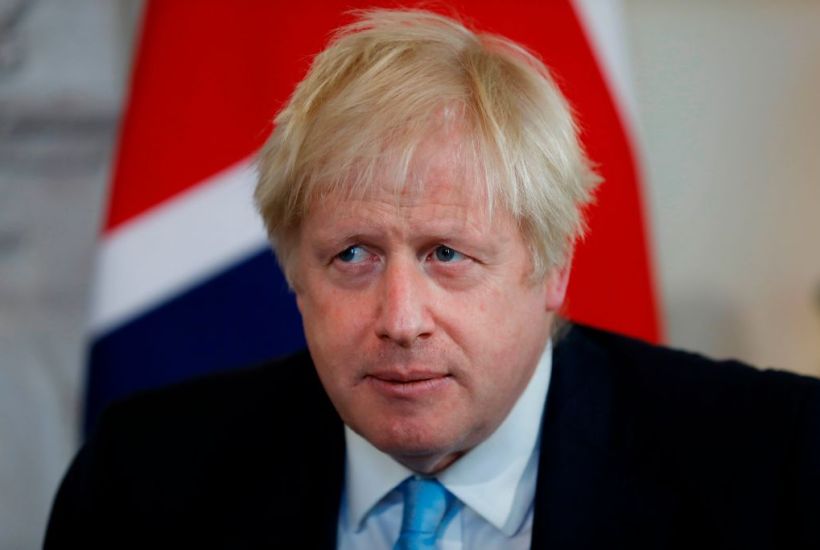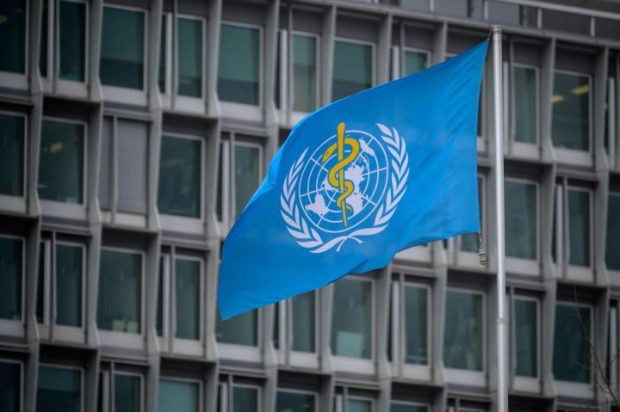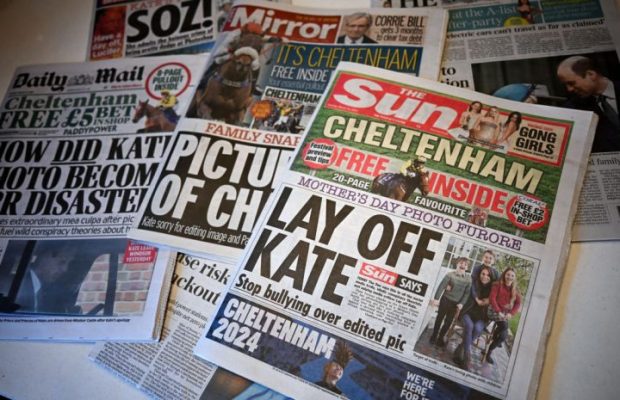Britain cannot afford for its place in the world to be limited by those stuck in the thinking and guilt of the last century. Beyond Covid-19 and Brexit, a new world is taking shape. Three of our closest allies – the United States of America, Israel, and the United Arab Emirates – negotiated a brave and historic peace accord and we were nowhere to be seen, heard or even thought about. Why?
The Middle East is on the cusp of more peace accords – triggered by the vision of the Emirates and Israelis – with trade deals and security alliances to follow. Understandably, Boris Johnson has been busy dealing with Covid and the growing conflict with China; a new international dispute is never far away, that’s why alliances and influence matters. It is now time to pay close attention to how a changing Middle East could have ramifications for our interests and those of our close allies. Boris needs to understand the obstacles. The Prime Minister talks of his Muslim great-grandfather who memorised the Quran. Johnson is an avowed Zionist. The Middle East is close to his heart, but there are barriers to be overcome.
Many in the Foreign Office top brass continue to feel institutional guilt about the 1917 Balfour declaration of a ‘national home for the Jewish people’. The Palestinian leadership and their activist allies have sought an apology and retraction for decades. The memory of Israelis overturning British policy in Palestine in the 1930s and 1940s, and subsequently on other occasions at the United Nations, breeds a resentment of Israel in some of the FCO corridors. The Balfour guilt, the Mandate era losses, combined with today’s practicality of career advancement means Israel is a difficult subject in Whitehall. Why support Israel, a tiny country of eight million, and lose opportunities in 22 Arab countries and a population of 450 million?
All this is set to get worse, with DFID staffers – many left-leaning, terribly embarrassed by British history and positively hostile to using aid and development to advance Western interests, instead handing out British cash as penance – now merging with the FCO under Boris Johnson’s new mega department. We may save money, but unless we change the minds of our bureaucrats then we are doomed to be ignored again and again.
The UAE-Israel peace agreement proves that the zeitgeist in the Middle East has changed. Arabs and Israelis are seeking new alliances against the threats from Iran, radical Islamism, and a deep desire for a new beginning for a younger generation. The wars of the last century belong there: in the past. Distracted, we have not grasped this new mood.
We have opened unnecessary policy fractures with our American allies, abandoned Israeli concerns on Hamas support and extremist charities operating in Britain, and pretended to care for Palestinians in order to appease Arabs: we are adrift on all these fronts. At home, 43,000 potential terror suspects are being watched by MI5. Radicals abuse the Palestinian cause. Support for a sustained peace deprives the fanatics and eases the burden on our intelligence services.
When Jared Kushner arrived in Bahrain in 2019 for the White House’s declaration of £38bn ($50bn) for ordinary Palestinians to build an economy and state over the ten years, four countries sent their finance ministers to back the deal with sovereign wealth fund support. The reforming Bahraini Crown Prince, Shaikh Salman bin Khalifa, honoured the guests with constant attendance. American private sector leaders pledged investment. US Treasury Secretary Steven Mnuchin was present at every session, as were the finance ministers of Saudi Arabia, Bahrain, and the UAE. Philip Hammond, then UK Chancellor, was noticeably absent. Hammond sent Robert Jenrick, then a junior minister to represent Britain.
Throughout the day, Israeli journalists and military people and Arabs mixed and hoped for a different future. Jenrick and the British mission were almost impossible to find. I tracked down the British delegation and asked why we were not visibly involved. The Saudis, Bahrainis and Emiratis all wanted full, high-level British participation.
‘We are keeping rank with our EU counterparts’ came the answer from the senior official. Not Arabs, Americans or Israelis, but the behemoth of EU bureaucracy mattered more. In the eyes of the Americans, we have never recovered since the Bahrain summit. The Israelis and Arabs have learned to ignore us and continue towards a new world.
Now, Israel and the UAE have a high standing on both sides of Congress. Whatever happens in the US elections, the UAE-Israel partnership has Joe Biden’s support too. British reticence has been noticed in the White House, Abu Dhabi, Riyadh, Jerusalem and elsewhere from Bahrain onwards.
It is time to grip this opportunity and join our allies in the Middle East in shaping a new future with help from this nation that Disraeli and Churchill led. Part of this is playing our part in preventing Islamist groups co-opting the Palestinian cause for their own extremist ends. Banning the British financial and political operations of Hamas and the Muslim Brotherhood that seek to destroy Israel, a UN member state, would be a good start.
Britain’s absence may have been noted but a renewed effort by Dominic Raab to engage and act will get us back into the fold. The new currents flowing through the Middle East will impact us all. Global Britain cannot miss this opportunity for trade and new investments. Before Israelis and Arabs fly to New York, they will stop in London. What are we offering?
Ed Husain is an advisor to governments, author of The House of Islam: A Global History (Bloomsbury, 2018) and a doctoral researcher at the University of Buckingham
Got something to add? Join the discussion and comment below.
Get 10 issues for just $10
Subscribe to The Spectator Australia today for the next 10 magazine issues, plus full online access, for just $10.



















Comments
Don't miss out
Join the conversation with other Spectator Australia readers. Subscribe to leave a comment.
SUBSCRIBEAlready a subscriber? Log in